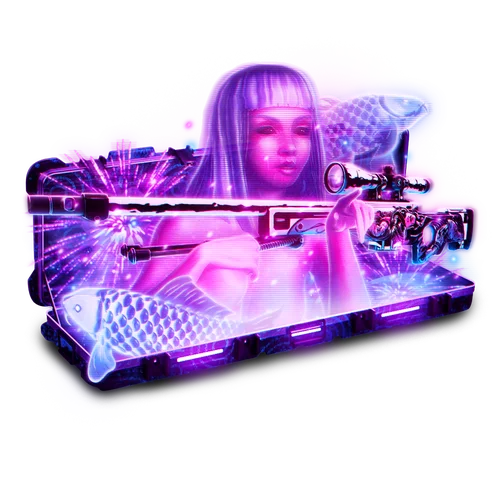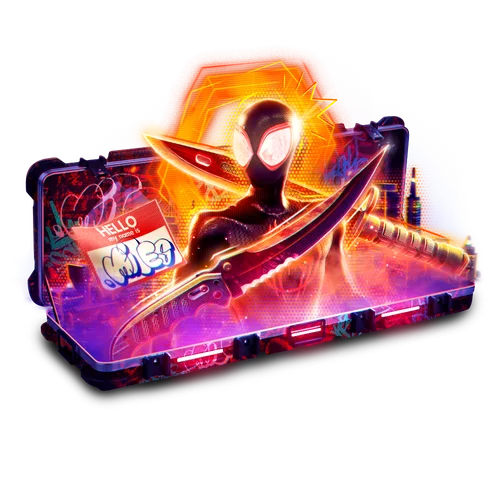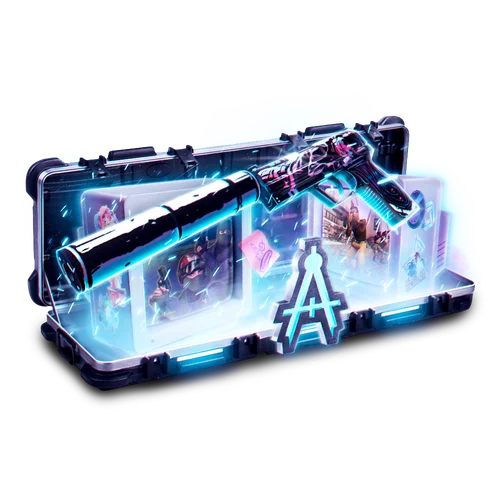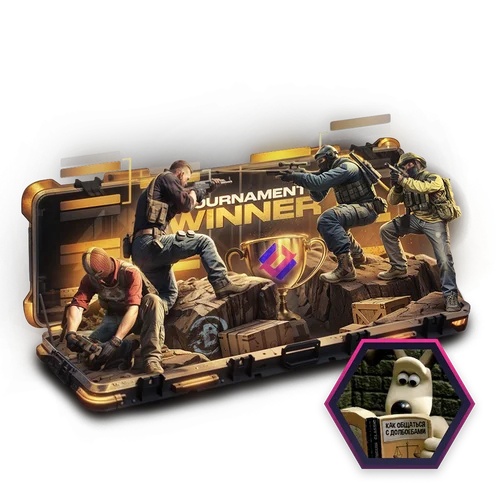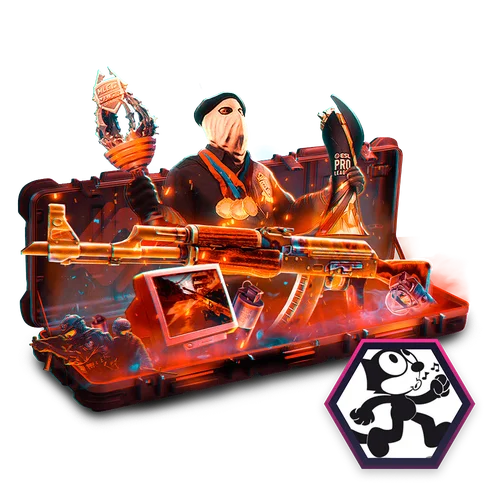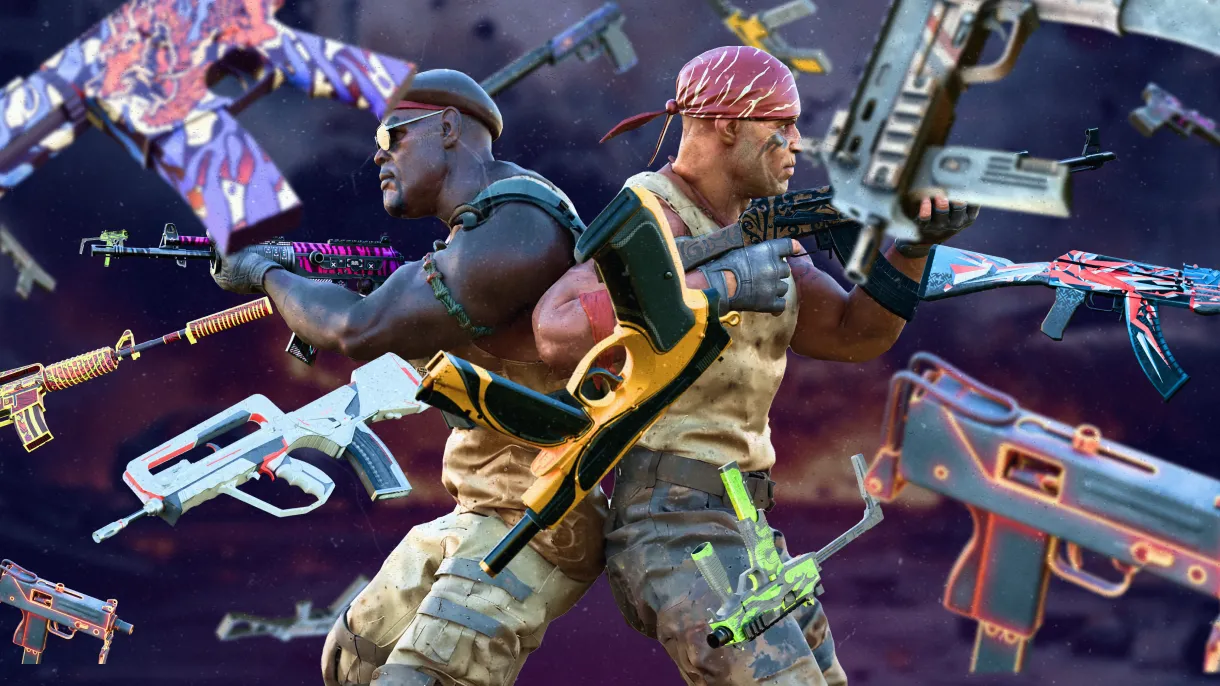What does it mean to be a Counter-Strike fan? Maybe you’re obsessed with skins, and your career is a kind of collecting hobby. Maybe you’re into how much ELO you have on the new matchmaking system. Perhaps you have a few players you love or a team you feel some affection for. Likely, you understand a few memes and spend some time discussing who the best player in the world might be.
My question is—is that enough?
One of the strange things about the universe is that things appear to be different depending on your perspective. A stupid design in my opinion, but we’re kind of stuck with it. As a result, it’s fairly important to understand where you are in relation to everything else.
From the point of view of a Counter-Strike fan then, it might be worth stopping to ask:
Where are we?
In one sense, Counter-Strike is one of the oldest esports that people still compete in. Twenty-six years is a long time in esports. Football—or soccer, to my metrically challenged friends—is something like 162 years old. From this observation alone, you could probably walk away with a few different emotions.
Maybe you feel small and somewhat insignificant. Who really cares about this little sport? Where is the history? Where is the grandiosity? Where is the culture so deep it could be your whole life?
In one way, it would make sense to have this kind of response. But I would argue there is a different way to approach this.
What it means to me is that, whether you’re a fan who has been here for 26 years or 26 minutes, you are early. You’re among the first to discover this new country. It also means you get to have some impact on what it might mean in the future to be a Counter-Strike fan.
Culture Isn’t Just Born—It’s Made

The issue is that nobody really seems to know what it means to build this kind of culture. Part of it probably happens on its own with no real guidance or planning, and that part we don’t really have to worry so much about. But the other part, I think, is created.
Take, for example, the Formula One documentary Drive to Survive, which—at least in my group of friends—converted almost everyone into fans of the sport overnight. This article would probably be better if I had actually watched Drive to Survive myself, but I think it’s easy to see the effect it had on the Formula One space. One day I’ll get around to doing it.
Another interesting example of fandom I learned about recently was from fellow commentator Vince, who is apparently a Newcastle fan. I don’t really know anything about football, but from what he tells me, Newcastle was on a 70-year dry spell for winning their local championship. Think about that for a minute. Seventy years of Newcastle fan loyalty for one big moment.
There’s something really awesome about that, which I think we are having a difficult time mirroring in Counter-Strike.
A Lack of Patience—and Consequences
Fans don’t seem to have much patience for sticking with one team. A lot of people are just fans of individual players, and if that player joins a new team, then many fans will naturally follow.

This kind of dynamic creates unfortunate side effects. The traditional football team is built around four central pillars of income:
- Stadium ticket sales
- Media rights
- Sponsorships
- Merchandise sales
But how do you reliably build these if your fans move around and don’t feel it’s important to really support?
A football fan will buy merchandise not because they need a new scarf or shirt, but because they understand, to some extent, that the club demands that of them. Part of being a football fan is to really support. In return, I would argue, fans get to demand that those who run the club do so with every fiber of their being.
When Loyalty Goes Both Ways
There’s another problem I’ve been ignoring: a lot of esports organizations aren’t really loyal either—to Counter-Strike itself. Many are halfway in, halfway out, and they probably don’t do a great job of building fan loyalty, which is presumably critical to their business.
I say with great confidence that in another 20 years, we’ll still be playing some version of Counter-Strike. Are fans and teams building with that kind of timeframe in mind?
Imagine starting a new romantic relationship, but deep down, you’re already thinking, “This probably won’t last”.
What are the chances this relationship works out? Are you likely to make the choices needed to keep it healthy and strong? Probably not.
To me, it looks like Counter-Strike teams and fans are locked in a poor relationship, where neither has enough loyalty or belief in the shared project to actually build something worthwhile.
To me it comes back the question I proposed at the beginning:
Where are we?
We are at a point in time where we have to decide what it means to be a Counter-Strike fan and what it means to be committed to this sport.
But there’s one other player in this equation—possibly the one who holds the keys to seeding the culture in a serious way.
Valve: The Absent Parent

I’m one of the people who actually thinks Valve is doing a pretty good job at parenting the game—by mostly making small changes and letting things evolve naturally. That might sound contradictory, but overprotective parents often raise children who can’t make it on their own. The CS esports scene has to grow up.
What I’d like from Valve is a subtle commitment to seeding Counter-Strike’s culture. They’re already doing part of that by running the Majors, and I hope they never stop. I even wish they’d make a statement to that effect.
Beyond that, I wish Valve would invest in media that builds the culture and history of Counter-Strike. We used to have player profile videos during the Majors. I’d go a step further and create a public content fund, where artists, video editors, and creatives could pitch Valve on content projects that serve the common good.
We’re still in the early stages of esports. Valve has a unique opportunity. People will always complain about new game versions. But what stops someone from creating a Counter-Strike clone in the future?
Well, apart from legal issues—the real defense is culture. Just like no new football variant could replace the original, no clone could replace Counter-Strike if the culture is strong enough.
So Who’s to Blame?
- The fans for lacking loyalty?
- The teams for lacking commitment?
- The developer for being too absent?
Hard to say. Valve may have it easiest because they’re a single entity. But I’d argue each of you reading this has some responsibility too.
If you go to a tournament with team jerseys, banners, and songs—you’re building culture.
If you actively engage with and watch content put out by teams—you’re laying the foundation.
But if you do it all less? There will eventually just be less Counter-Strike.
Yes, criticize Valve. Yes, complain about subtick. But at some point, we have to shed the doomer mentality—the one that says every week, “The game is dying”.
Those people aren’t here to help. They want to say “I told you so!” when player numbers dip.
A Final Thought
Why not be proud? You’re part of one of the oldest esports still alive. Is everything perfect? No. Are there too many cheaters and clueless team managers? Definitely.
But Counter-Strike is more than a game. It’s already a movement, defined by that shared love we all felt the first time we played… the first time we saw a clutch… the first time we heard the crowd roar behind an AWP boom.
No matter how much you hate subtick, or how overpowered you think the MP9 is—don’t let that drown out the rest.
Be proud. Have some respect. You’re part of something bigger—so act like it.





























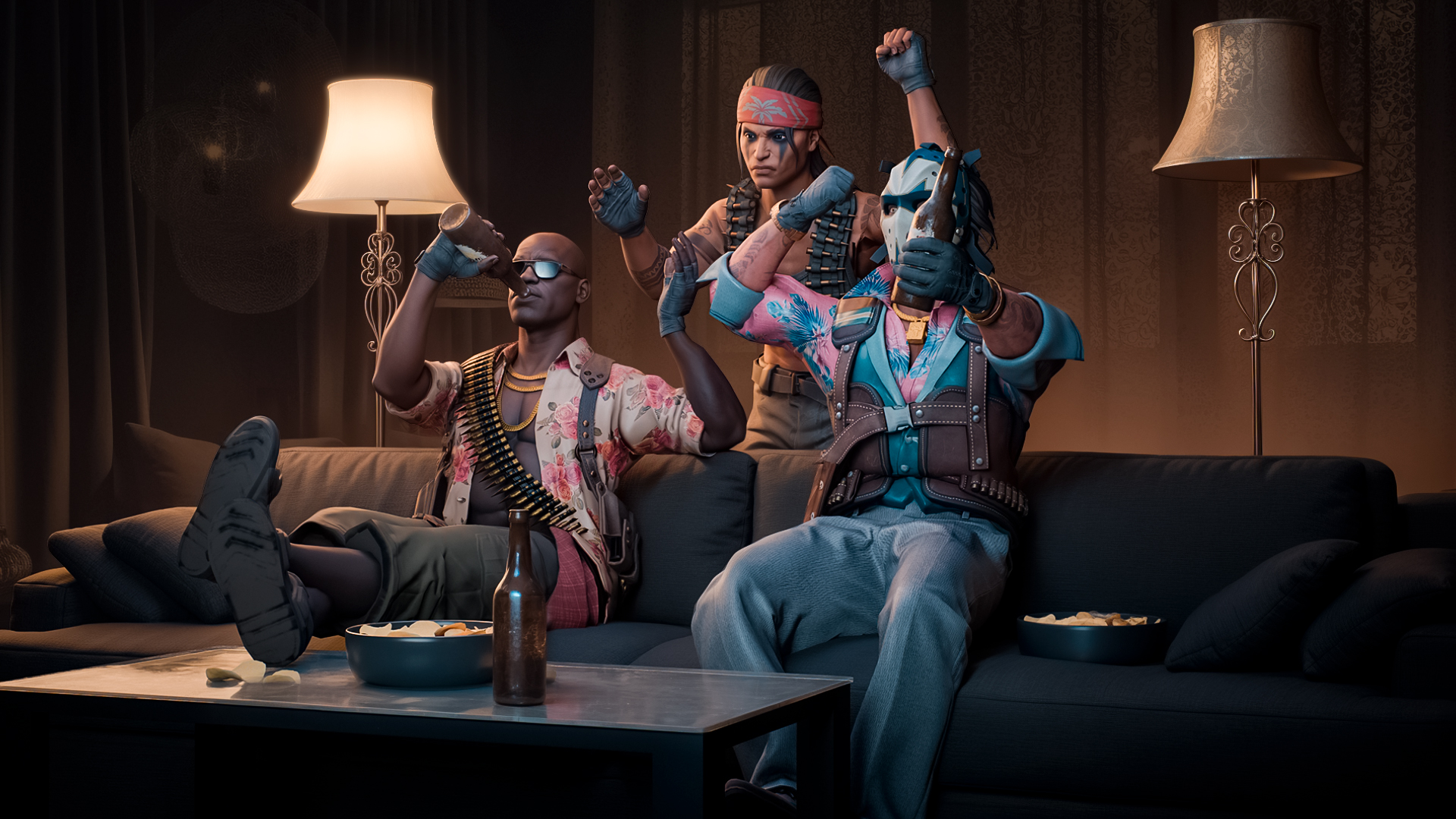
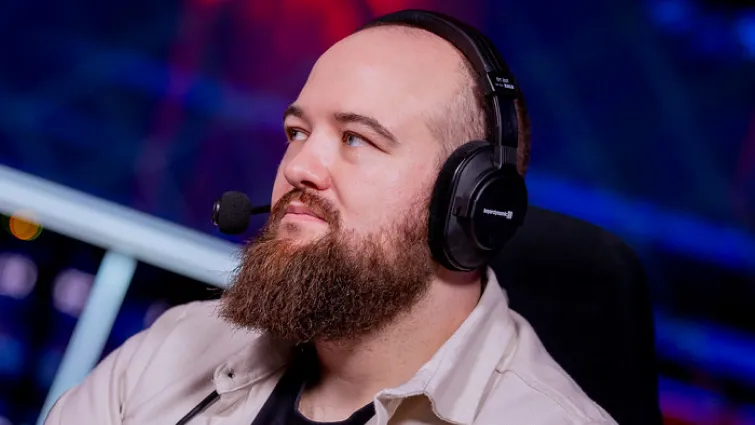


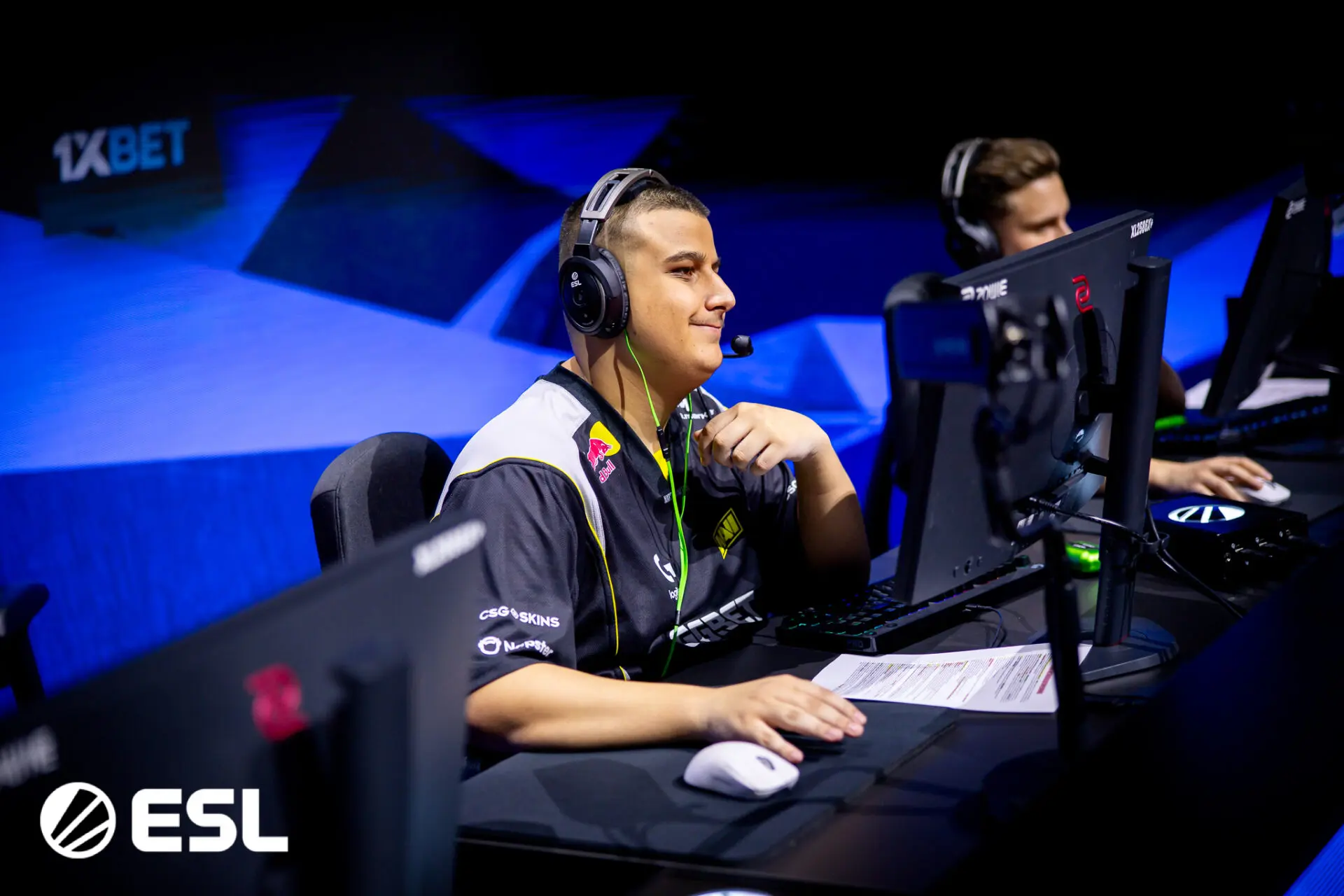

![kyousuke CS2 Settings: Full Guide [2025]](https://skin.club/community/wp-content/uploads/2025/08/Main-x-Name.jpg.webp)
